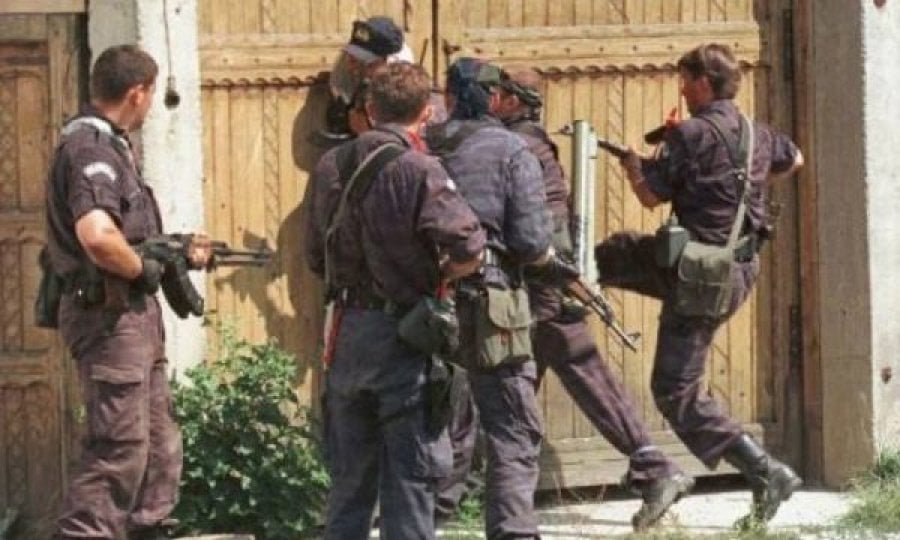That Serbia protects those accused of war crimes and war criminals is universally known. This is best proven by a report that was published today in Belgrade.
The lawyer of the Fund for Humanitarian Law (HHL), Marina Kljajic, said today in Belgrade that during the past year, the War Crimes Prosecution had 27 procedures, five of which ended with the decision of the Court of Appeal, one ended with acceptance guilty, while 21 cases are still pending.
Kljajic said in a press conference at the Media Center that 17 people in Serbia are serving war crimes sentences and that one is on the run.
She emphasized that the FDH report for 2023 assesses that the work of the War Crimes Prosecution is “inefficient” due to the “unnecessary delay of the procedures and the lack of implementation of the revised prosecutorial strategy”.
Kljajic said that in 2023, the War Crimes Prosecution filed three indictments against seven people, of which, she said, “one indictment was transferred from Bosnia and Herzegovina, and the other two were the result of their investigation.”
She emphasized that the indictment transferred from Bosnia and Herzegovina was filed against five people and that the War Crimes Prosecution filed two independent indictments, with one accused each, and that none of those indictments was processed last year, but this year one from confirmed and that the trial will begin.
“Such results of the Prosecution for War Crimes speak of great negligence”, said Kljajic.
She added that in the past seven years, 39 indictments were filed for war crimes, of which 23 were transferred from BiH, while 16 indictments were filed by the War Crimes Prosecution.
“59 percent of the cases were accepted, and the indictments were brought only because the accused were not available to the judicial authorities. On average, 2.3 indictments are filed per year as a result of the independent work of the War Crimes Prosecution”, said Kljajic.
She added that the prosecution “anonymizes” the names of those accused of war crimes, as well as the names of the victims, although, she emphasized, “it is in the interest of the public of this country to know which persons have been accused of war crimes”.
The representative of the Association of Prosecutors of Serbia, Radovan Laziq, said that “the report is critical, but not objective”, and that “the work of the War Crimes Prosecution goes under the radar and the public is less and less interested”.
“It is difficult to disagree with most of the claims in the report, even the most general one, which is that the work of the War Crimes Prosecution is unacceptably ineffective,” said Laziq.
The vice president of the European Union delegation in Serbia, Plamena Halaceva, said that “justice must be ensured for the victims” and their families, and that regional reconciliation is not possible without progress in these areas.







